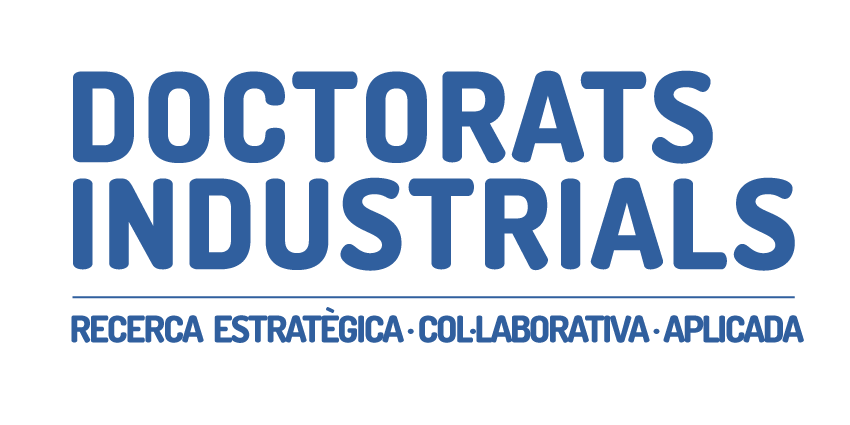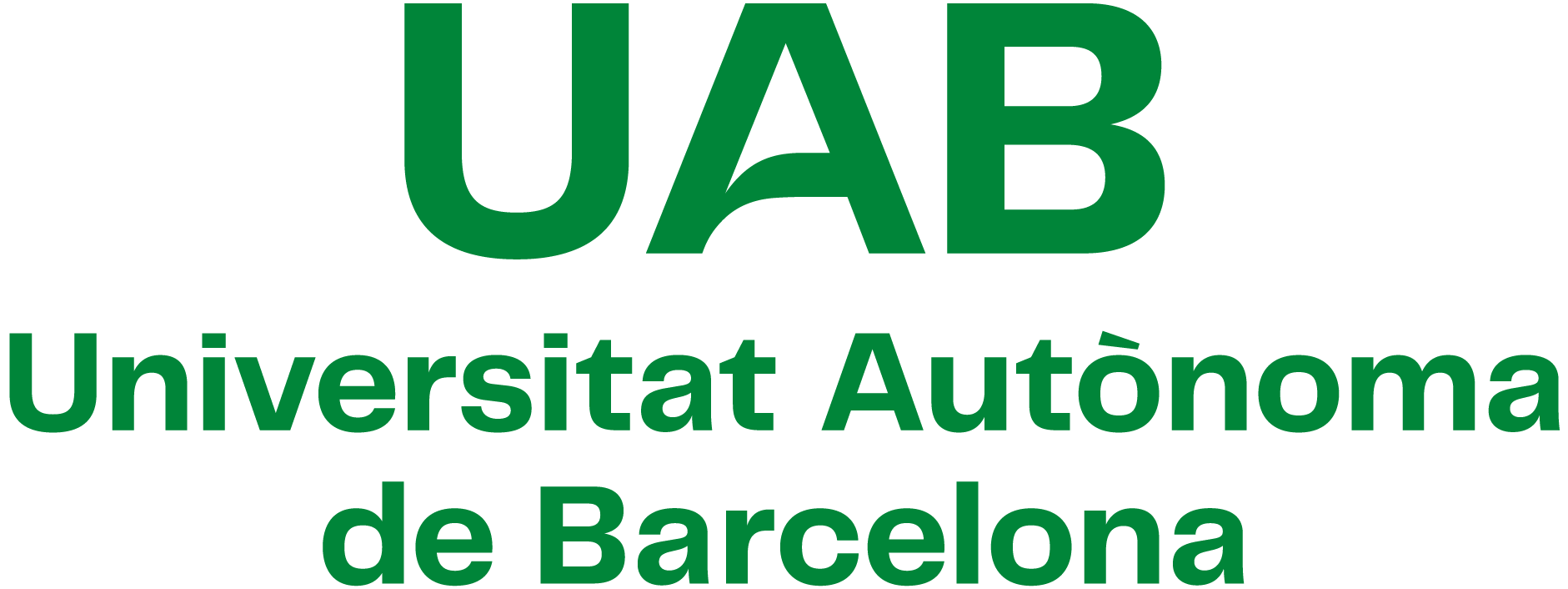Descripció del projecte
The increasing global population has led to increasing demand for high protein food. Shellfish and finfish organisms are candidates to fulfil this demand because of their potential for high-quality protein source. This demand naturally led to overfishing and fishing production has remained stable for the last few years. On the contrary, aquaculture increases yearly by 5%. Nonetheless, to maintain and increase such production it is necessary to address two main factors that are key to this activity, fish feed and fish health, as these are the main costs and the main risk factors. The aim of this PhD research is to develop and evaluate the challenge of fish health control, by developing a set of biosensors for the detection of pathogens in seawater under different conditions and assess their potential for further use in human health.
Stage 1: Biosensor design, characterization, and validation for the development of an Internet of Things (IoT) diagnostic device for continuous pathogen monitoring at lab-scale. The objective is to develop a device for early detection of diseases by identifying and quantifying bacterial species in the environment, i.e., seawater, and monitor their intrinsic changes in their microbial population, including growth and diversity depletion. All experiments will be carried out at laboratory scale, using controlled conditions to evaluate biosensor function in the absence of fish.
-Phase I will entail developing and constructing several biosensors for the detection of marine pathogens. A thorough investigation will identify the primary pathogenic species affecting farmed-fish in the Mediterranean region, and the information gathered will be used to engineer state-of-the-art biosensor constructs for a comprehensive biosensor library. Genetically modified organisms will be used to detect pathogens through synthetic receptors.
-In Phase II, biosensors response will be evaluated using a variety of pathogen strains at different concentrations in controlled laboratory settings. Environmental parameters will be included to evaluate pathogen behavior.
-Phase III, a comparative study will be conducted to assess the functionality, sensitivity, specificity, and reaction time of the biosensors’ response against other market standards. The diagnostic techniques taken as reference will be polymerase reaction chain (PCR), ELISA, API-20E and microbiological growth. This will provide a comprehensive understanding of biosensors’ diagnostic capabilities compared to other commonly used techniques. A microbiological study will also be conducted to train an IA algorithm for autonomous pathogen classification based on image analysis.
Stage 2: Pilot-scale validation in a RAS system. In this second phase, biosensor validation will persist, but at pilot-scale using a Recirculating Aquaculture System (RAS) with farmed-fish from the Mediterranean region. These experiments will take place at the UAB facilities, home to the Group of AQUAB-FISH led by Lluis Tort, which specializes in fish stress and immune response. The aim of this stage is to examine the bacterial population growth and loss of diversity indicators, and the mortality rate among fish. These outbreak indicators will be integrated with biosensors’ response to establish predictive patterns.
-Phase III: To combine the first and second phases by performing pathogen co-infections, and modifying environmental parameters to assess infection dynamics.



